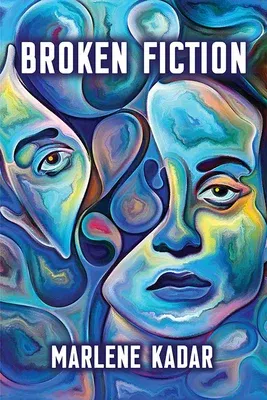A moving collision of memory, storying, and loss or grief.
Broken Fiction is a collection of short auto/fictional pieces that
move in between the force of memory and the force of loss. The collision
of memory or storying, and loss or grief is where the author finds both
solace and anguish and tries to negotiate a recognition or a moment
without resorting to easy resolution. In each recognition there is an
acceptance of the details of life gone off the rails in some worlds, but
a life that is normal in other worlds--and not necessarily tragic but
often heartbreaking, sometimes funny and always in an in-between orbit
of love or love gone wrong, anger or anger misplaced, joy or joy's many
faces, cultural memories that are translated into new-world talk or
translated not at all. On occasion language invites a giggle especially
when "real" objects assume a hyper-fictional grace--as a way to travel
quickly over decades or refer back to old wounds that shape new ones,
and yet are attached to simple joys. Not all of these stories are fully
true, but the fiction is also cracked or broken by photographic
"evidence" of the forceful memory and the narrator's sense of loss at
the same time as she plays with the fact of life's natural journey into
its natural denouement and death. Can this fact find its difficult
resolution and its difficult knowledge in a more neutral interpretation
without giving into full-on sorrow or self-pity, or its many opposites,
such as the force of forced optimism?
"This is a quirky and powerful book, original, heartbreaking, clever,
enigmatic, oh so intelligent, sometimes angry, and more often humorous
in a sly way. This is prose that slips into poetry. This is snatches of
memory, a glimpse of family history, a dream journal, and a series of
love letters. This is what the title says it is, broken fiction. It is
autobiographical in some parts, not in others, except in the sense that
authors always leave traces of themselves behind."--Jan Rehner, author
of The House of Izieu and Almost True
Fiction.

